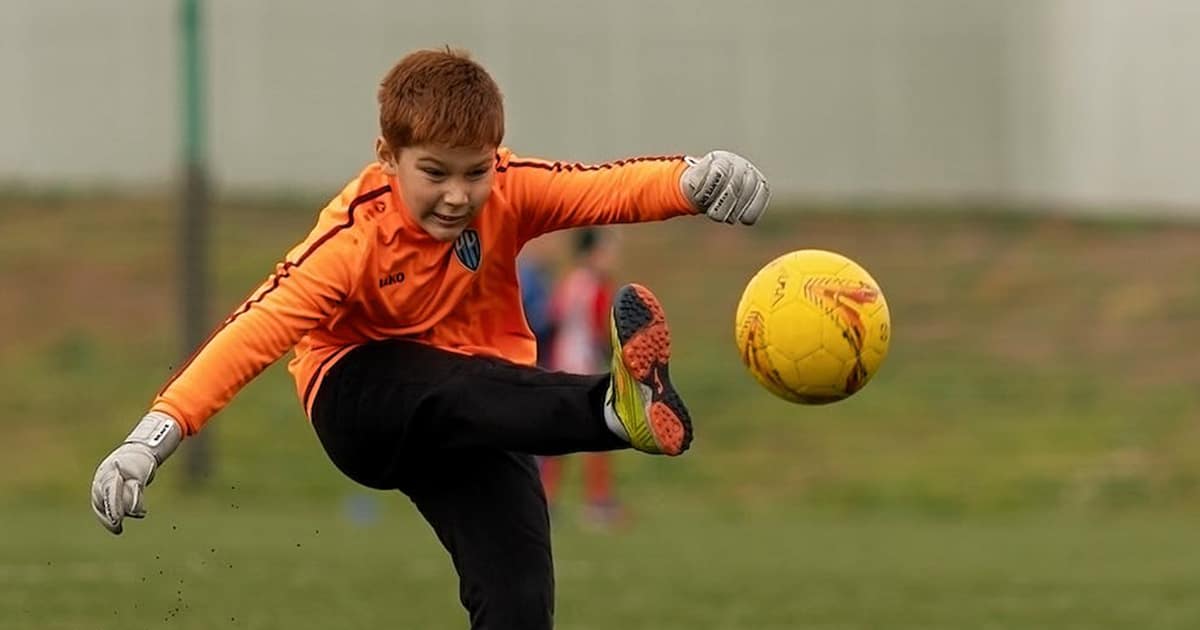What's next?
Interested?
Leave your details here.
HOW TO BALANCE ACADEMICS AND EXTRACURRICULAR ACTIVITIES

When students can maintain a perfect balance between their academics and co-curricular activities, they will have a fruitful educational experience. Participating in such activities allows students to develop their communication, management, time management, and crisis management abilities. Students face pressure to perform better and be an all-arounder in a highly competitive world. In addition, there is ongoing demand from parents and instructors. Participating in various clubs such as debate, sports, theatre, student government and music is an important part of student life. Here are some suggestions for striking a balance between academics and extracurricular activities.
1.Develop a Schedule
A schedule will be essential for effective time management. Make a daily, weekly, and/or monthly plan that includes all of your responsibilities, such as school assignments, events, activities and deadlines. Having this visible on your calendar will help you stay organised and prevent you from overbooking yourself. You will also be able to set reminders for upcoming activities and create a healthy routine that suits you. The better you organise your time and stick to your schedule, the more enjoyable your extracurricular activities will be.
2. Set Your Priorities
Remember that school comes first, no matter how long your to-do list is. Academics is an important factor in your development. When reviewing your deadlines, events, and due dates, always prioritise all school-related items. These are the commitments you must make first if you want to succeed in your life. After you’ve prioritised education, you can order the remainder of your activities as you see fit. Remember to prioritise yourself as well. Self-care time is essential for recharging and preparing for the next task. Remember to take breaks because they will help you stay fresh and focused on your academics or other activities.
3. Be Selective
There are various extracurricular activities available. Make sure to go through all of your options and select the one(s) that tickle your curiosity the most. Don’t take on more than you can handle. Allow yourself a few months to practise and master a new skill. You are free to attempt a different one if you see no progress or a lack of interest. Do not be scared to be selective since committing to something takes time and energy.
4. Ask for Help or Say ‘No’
The most important aspect of balancing academics and extracurricular activities is asking for assistance and knowing your limits. It is acceptable to seek assistance if you are overbooked or overwhelmed. If you are in charge of a project, delegate tasks and monitor progress. You do not have to do everything on your own. Remember to prioritise your mental and emotional wellbeing. Rest, recharge, and set boundaries. This will always allow you to showcase your best work.
To conclude, juggling school and extracurricular activities is a tough yet rewarding effort. Including an extracurricular activity in addition to your education can help you manage your time more effectively and improve your interpersonal skills. Be selective about your activities and don’t be scared to establish limits. Being productive both in and out of the classroom will make you a better-rounded person!
Sources:

